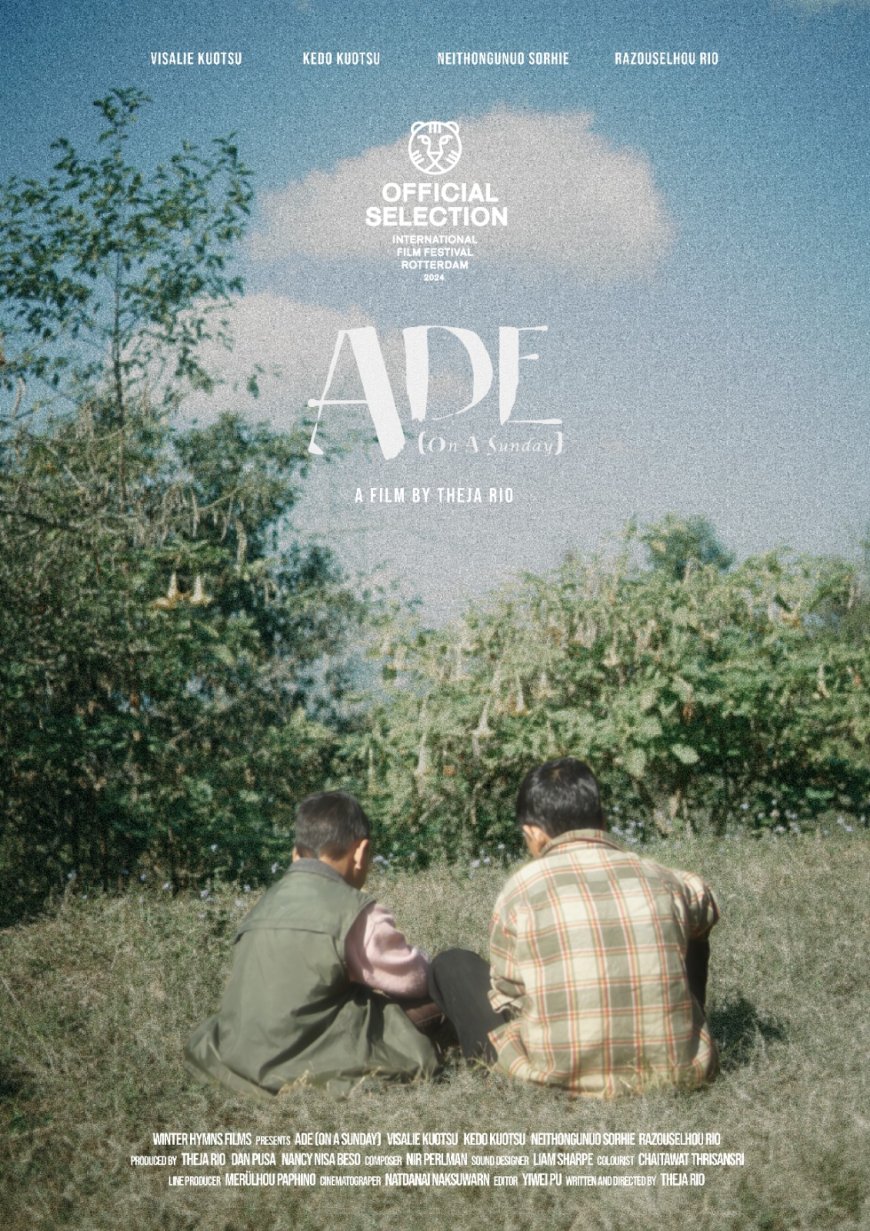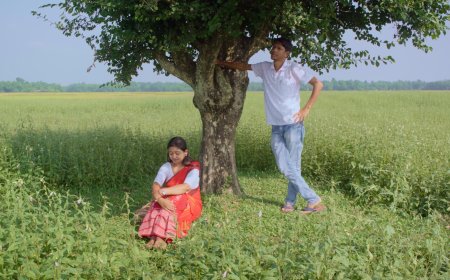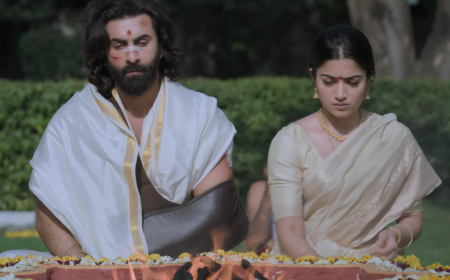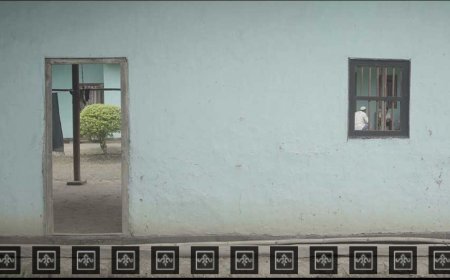Ade (on a Sunday, 2024): In awe of the grown-up world
Dipankar Sarkar provides a comprehensive review of Theja Rio’s short film "Ade(2024)"

Theja Rio’s short film Ade is a coming-of-age tale of a seven-year-old boy residing in a quaint village in Nagaland. His adolescent curiosity pushes him towards an unwarranted encounter with his father’s shortcomings of having alcohol and cigarettes. The excellence and beauty of the film lie in the way it has addressed a serious issue with subtle emotions, sparse dialogues, and tranquil visuals. Shot on 16mm film, the gaze of the filmmaker is observational and creates a feeling of empathy for the two little souls whose playful and mundane activities turn the ordinary moments into a lyrical melody.
On a bright Sunday morning, Ade fetches water for his mother, who sells rice beer. His alcoholic father has not returned home since last night. So, his mother and little brother go in search of the missing member of their family. In the meantime, Ade attends the Sunday school at the village church. There, his mischievous friend Abu entices him with the prospect of teaching him swimming if he is willing to skip the class. Though hesitant, Ade falls for the bait. But what was supposed to be a moment of bliss soon turned out to be a disastrous undertaking.
The plot unravels in a village where the younger folks are under the strict vigilance of the adults. They have an authoritative and formidable command over them. When Ade and Abu go for a swim in the pond we hear the voice of an elderly person ordering to leave the spot immediately due to the potential risk of getting drowned. At night, Ade’s father scolds his mother for not taking proper care of their son. Here too, the imposing voice is heard off-screen; its repercussions are visible on the guilt-ridden expression of the young boy. The irony in this scene highlights the reality that the children are miming the fatal habits of addiction of the adult members of society. At the same time, the filmmaker also introduces a soft-hearted neighbour who takes Ade to his house so that he can escape the further wrath of his incensed father. This provides the narrative with an equilibrium that at times a healthy and compassionate discussion can prove more effective than corporal punishment and nurture a healthy relationship .
Natdanai Ham Naksuwarn, the cinematographer captures the serene ambience of the village and the playful charm of the young protagonist mostly through static shots that are sensitive and discreet portrayals of a languid world of innocence. The editing by Yiwei Pu creates a natural pace in the narrative with a rhythm that is akin to a lived experience. Liam Sharpe’s attention to the sound design alternates between nature’s pristine resonance, sporadic dialogues and pensive moments of silence that augment the aural space. Visalie Kuotsu as Ade brings a mature sensitivity to his character which is both charming and gripping. Kedo Kuotsu as Abu delivers a lively and effortless performance as Abu’s accomplice.
The prowess of storytelling in Theja Rio provides the film with an emotional depth and core that is refreshing and sincere. It offers us a nostalgic account of an idyllic childhood with a humorous and endearing cinematic vocabulary.
Ade was selected for the Shorts and Mid-length section of the International Film Festival of Rotterdam 2024.
What's Your Reaction?

































































